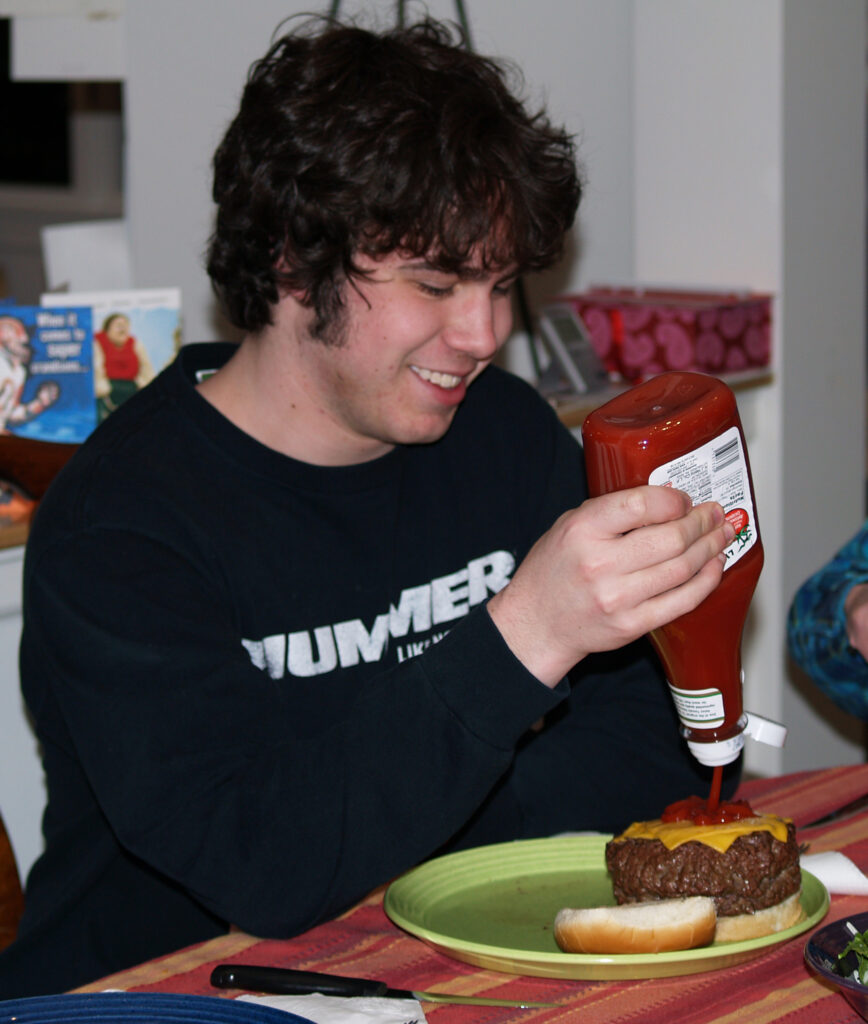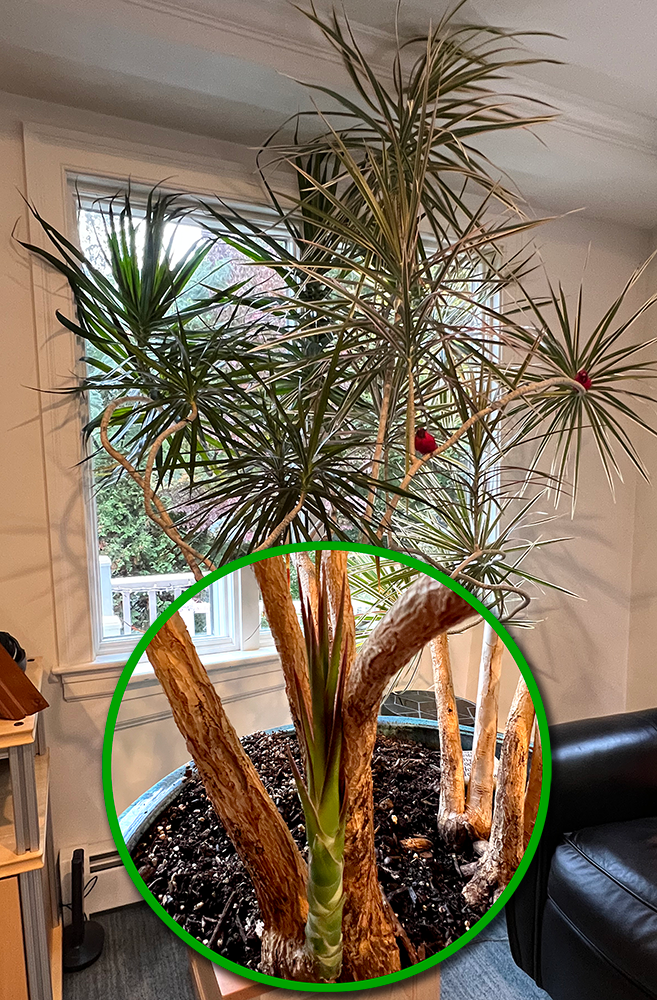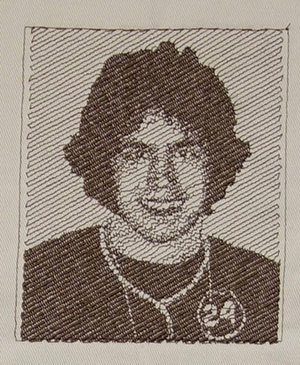Remembering Tommy
November 3, 2023

On Friday, November 3, 2006 we lost our 17 year old son, Tommy, to suicide. Friday, November 3, 2023 is the 17th anniversary of his death. This coincidence of day and years is having a profound impact on me. I seek answers and I seek reasons for HOPE. Not easy as I am surrounded by a world in turmoil. But in the area of mental illness and suicide prevention I am HOPEFUL that the tide is turning. Despite the fact that suicide rates remain high, that advances in diagnosing and treating mental illness have not kept pace with breakthroughs in other fields of medicine, that child psychiatrists and psychologists are scarce, and facilities for their residential treatment even scarcer–I am finding rays of HOPE.
Tomm’s legacy lives on today, stronger than ever
17 years of raising awareness and removing the stigmas associated with suicide and mental illness.
17 years of Tommy Fuss Team’s participation in the
American Foundation for Suicide Prevention’s Annual Overnight Walks
Cumulatively Speaking:
• 85 Walkers participants
• Over 3,500 Miles Walked
• 22 Crew or Medical Participants
• Over $880,000 dollars raised for the AFSPCities Walked: Boston, New York City, Philadelphia, Washington DC, Chicago and San Francisco
• Instrumental in Establishing and Participating in the Morris County (New Jersey) Community Walk since 2016
• Participation in 5 Boston Community Walks
17 years of funding the biology and genetic research of psychiatric disease through the Tommy Fuss Fund, paving the way for early detection and improved treatments.
Making an impact at Boston Children’s Hospital, Massachusetts General Hospital and McLean Hospital. Not only is each grant important, but has the potential to secure further grants from the National Institute of Mental Health (NIMH) to further the investigations. These grants also provide the institution with the ability to attract, retain and launch the careers of young researchers so desperately needed in this field.
• Funding suicide prevention research through Harvard University and Franciscan Children’s Hospital
• Participating in the Loomis Sayles Fuss Family Mental Health Initiative
• Supporting local efforts including the Child and Adolescent Psychiatry Services at Newton Wellesley Hospital and the Samaritans, Boston.
In the NEWS
The National Institute of Mental Health (NIMH) has made suicide prevention a priority. Right here in Boston an NIMH award has launched the Center for Suicide Research and Prevention at Harvard University and Massachusetts General Hospital with the goal of translating innovations in suicide science into clinical care.
The recent affiliation of Franciscan Children’s Hospital (Boston) and Boston Children’s Hospital has the potential to provide mental and behavioral health services that all the young people of our greater Boston community and beyond deserve.
In Conclusion
Our journey continues. There is much to do but we are making progress. There is reason for HOPE. Mental Health and Psychiatric Illnesses are being talked about and addressed throughout our society. We are removing stigmas. There are dedicated and passionate professionals working in labs and clinics. I have the privilege of knowing many of these extraordinary professionals and I extend to those I know, and to those I have yet to meet, my sincerest appreciation and admiration. Technological advances in genetics and MRIs are but two factors making progress possible. While it takes years to translate this type of research into clinical practice–we are moving in the right direction.
I am not alone in my message of HOPE. I have asked three professionals I work with to share a message of HOPE. Here is what they have to say:
Suicide is among the most devastating of all human behaviors, especially when it takes the life of a child. Although suicide and associated mental illnesses have brought great sadness, there is now reason to be hopeful. Recent scientific advances have led to significant improvements in our ability to identify youth at risk and to provide novel forms of treatment that can help prevent suicide and alleviate their suffering. I have never been as hopeful for the mental health of future generations as I am today.
Matthew K. Nock, Ph.D.
Edgar Pierce Professor of Psychology
Harvard College Professor
Chair, Department of Psychology
Harvard University
www.nocklab.fas.harvard.edu
The first step towards curing mental illness is to have faith in the human spirit. The second is the courage and creativity needed for scientific discovery.
David Glahn, PhD
Chief for Research | Department of Psychiatry and Behavioral Sciences
Director, Tommy Fuss Center for Neuropsychiatric Disease Research
Boston Children’s Hospital
Professor of Psychiatry, Harvard Medical School
“It is undeniable that in the aftermath of the global pandemic, against the backdrop of a challenging societal landscape, we find ourselves in the midst of a behavioral and mental health crisis. Yet, we are in a moment when unsurpassed hope and optimism is well warranted in this domain. Awareness and appreciation for the vital importance of behavioral and mental health has never been higher. The armamentarium of effective, evidence-based treatments for mental illness and addiction has never been greater. The burgeoning array of public-health-informed approaches, including mental health first aid, screening for early detection, attention to prevention, and models of integration with primary care have never had greater momentum. The science for advancing the field through research and technology has never been more powerful. And during the pandemic, we witnessed, as never before, that when lawmakers, regulators, payors, health care systems, providers, and our communities cooperate, we can overcome obstacles and catapult forward. Now is the time to mobilize, invest, and align, redouble our efforts, through care, research, and education, to enable better access, prevention, early intervention, recovery, and cures, to improve and save lives. Our greatest opportunities to enhance and achieve behavioral and mental health are here, now, and just in front of us, if we come together as one community, recognizing that nothing is more essential.”
Scott L. Rauch, M.D.
President, Psychiatrist in Chief and Rose-Marie and Eijk van Otterloo Chair of Psychiatry,
McLean Hospital Chair, Behavioral & Mental Health, Mass General Brigham Professor of Psychiatry, Harvard Medical School

This Dracaena has grown from a very small plant given to me on February 27, 2007 by friends of Tommy’s. As it’s grown it’s been replanted multiple times. I marvel each time I see signs of new growth. It is much more than the center piece of our family room. It symbolizes love, friendship and new life. As I began thinking about this anniversary, I was comforted by the new growth coming from the base of the plant. Tommy is sharing his love and telling me to continue our work–where there is new life, there is HOPE. Thank you B and S for this magnificent gift.
Tommy will continue to touch lives
And will never be forgotten
He will be remembered for
How he lived
His sense of humor
The friendships he made
His genuine kindness and caring
And for the love he shared with all of us
He will be Forever in our Hearts

Through the years we remember Tommy in many ways. We do this individually and collectively. He leaves a legacy of friendship and the recognition of the urgency and importance of taking mental illness seriously. Here are some of the ways we remember our beloved Tommy:
From a school essay written in 2002 we present a page appropriate to the historic amounts of snow Boston has received this winter, as the Tommy Fuss Team prepares for this year’s Overnight in Boston.
I’ve always thought of Tommy’s legacy as that of fiercely loyal friendships, and a beloved son and brother. Eleven years later it is evident how his precious life cut short by a disease of the brain and suicide has mobilized his family and friends to raise awareness and to fund research that will lead to understanding and improved diagnosis and treatment of mental illness.
Each year as November 3 rolls along I am reminded of the many ways in which Tommy has saved lives and how we, collectively, spurred by his loss are saving lives and helping others.
A friend writes:
In the intervening years I have come to understand that no one person, no singular event or twist of fate, can save a life. That is not how mental health works. That is not how life works.
But losing Tommy also taught me that we can at least try to live life with no regrets. That we can be kind. That we can put the people in our lives first.
That people matter most. That we have to take care of each other. That we must be gentle with ourselves and each other. That everyone needs help.
I still don’t know how to save a life. I don’t think anyone ever does. But loving and losing Tommy taught me a lot of other lessons. And those lessons … will prove to be the most important of my life.
Never underestimate the importance of reaching out to someone who is suffering or who is in emotional pain. If someone you know is having suicidal thoughts, take this seriously. Respond with kindness and empathy and most importantly seek help.
– RoseMary B. Fuss
How can you help someone? Here are two quick reads with some ideas:
American Association of Suicidology – Know the Warning Signs of Suicide
http://www.suicidology.org/resources/warning-signs
PsychCentral – What to Do When You Think Someone is Suicidal
https://psychcentral.com/lib/what-to-do-when-you-think-someone-is-suicidal/
- “Snow Day” by Tom Fuss, 2002
- Fall 2014 – “24” and Halloween
- The Hope Tree 2014
- The Hope Tree II
- The Hope Tree in Full Bloom
- Belmont Hill School – Thomas R. Fuss Chair in Science 2013
- The Boston Children’s Hospital Philanthropy Report 2012
- The Fuss Family makes a major gift in 2012 to support
an AFSP two-year research study
- Remembering Tommy – November 3, 2013
- Remembering Tommy – December, 2012 – Reflection – The Ripple Effect
- Remembering Tommy – November 3, 2010
- Remembering Tommy – November 2, 2009
- Remembering Tommy – November 5, 2006 – Asking Hard Questions
Richard Melvoin, Headmaster, Belmont Hill School - Mass of the Resurrection for Thomas R. Fuss
St. John the Evangelist Church – November 8, 2006
Homily delivered by Father Paul Sope